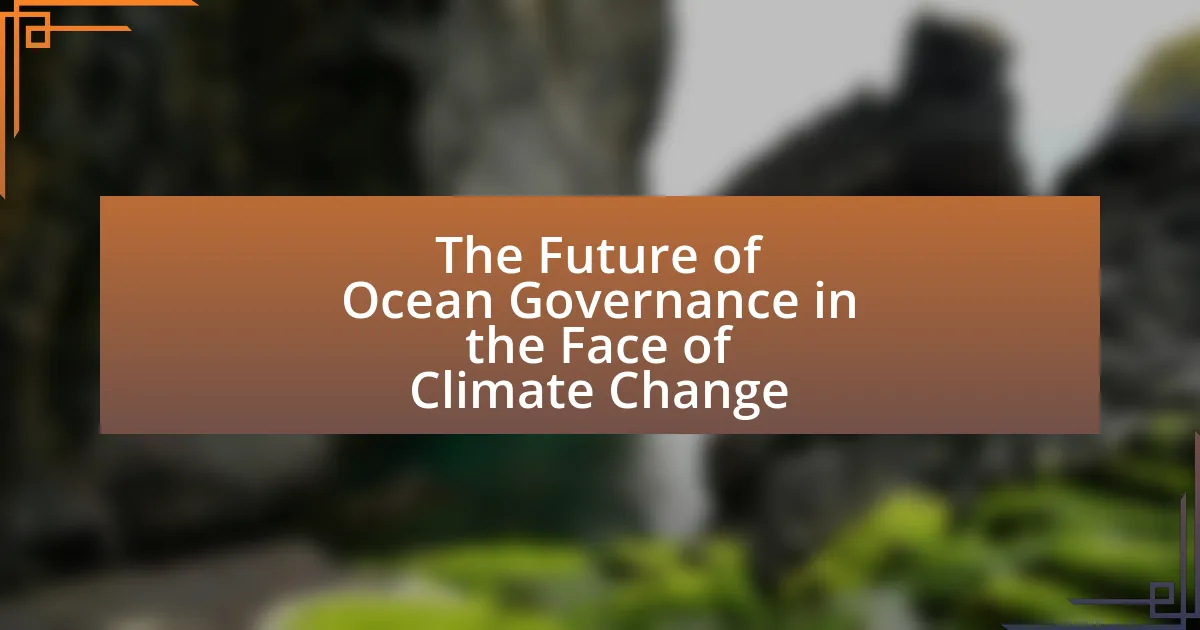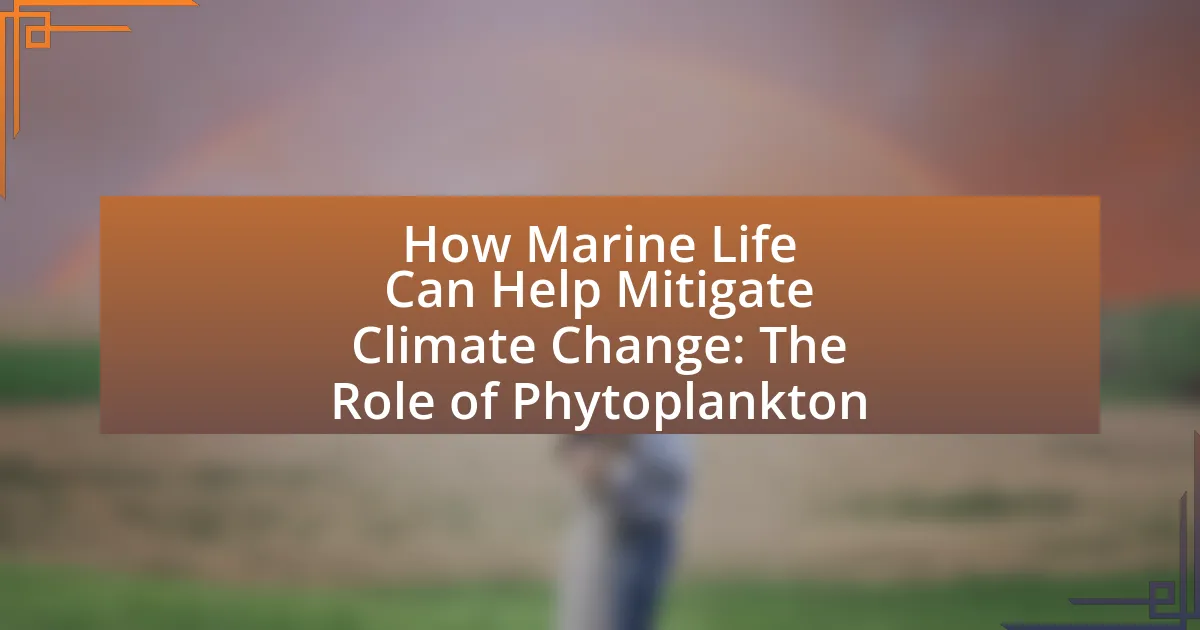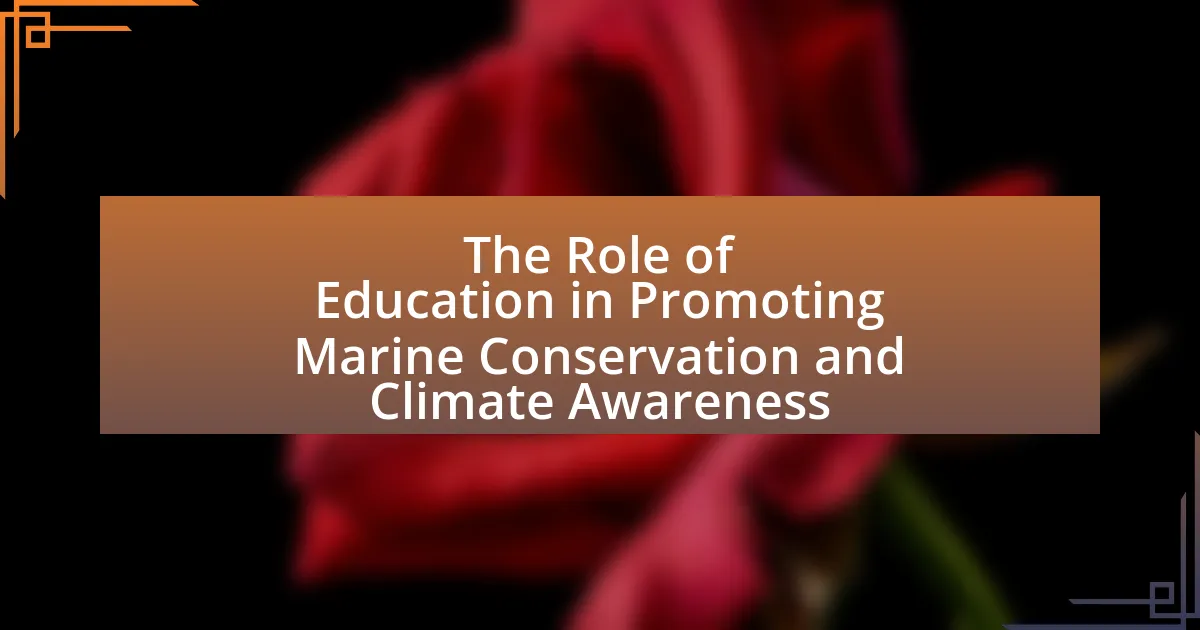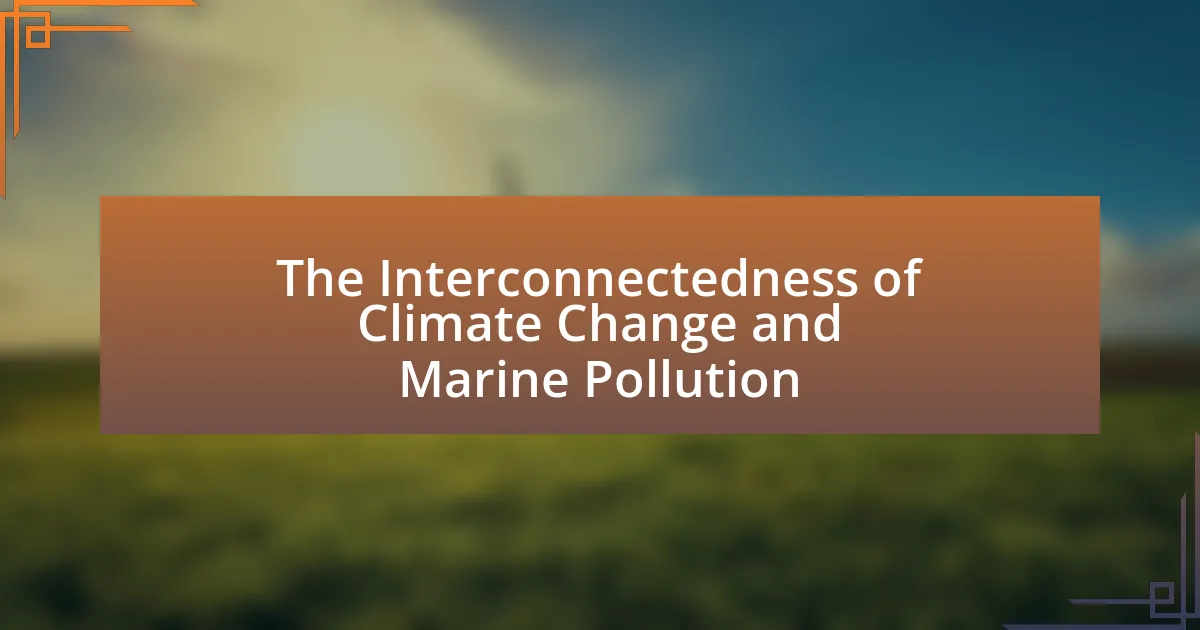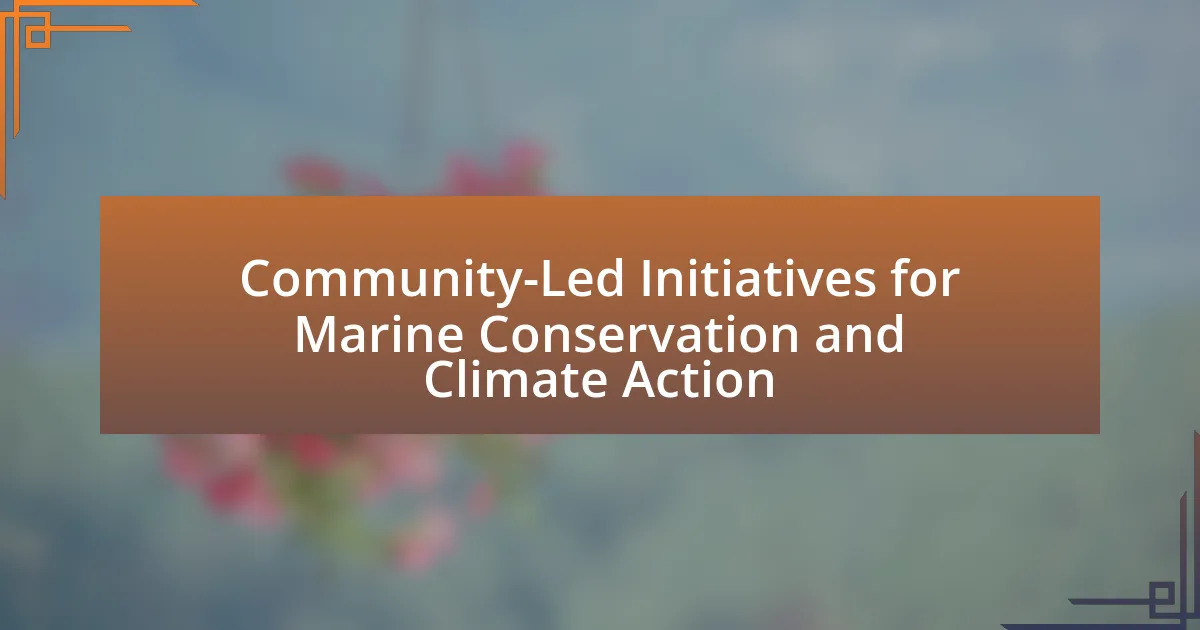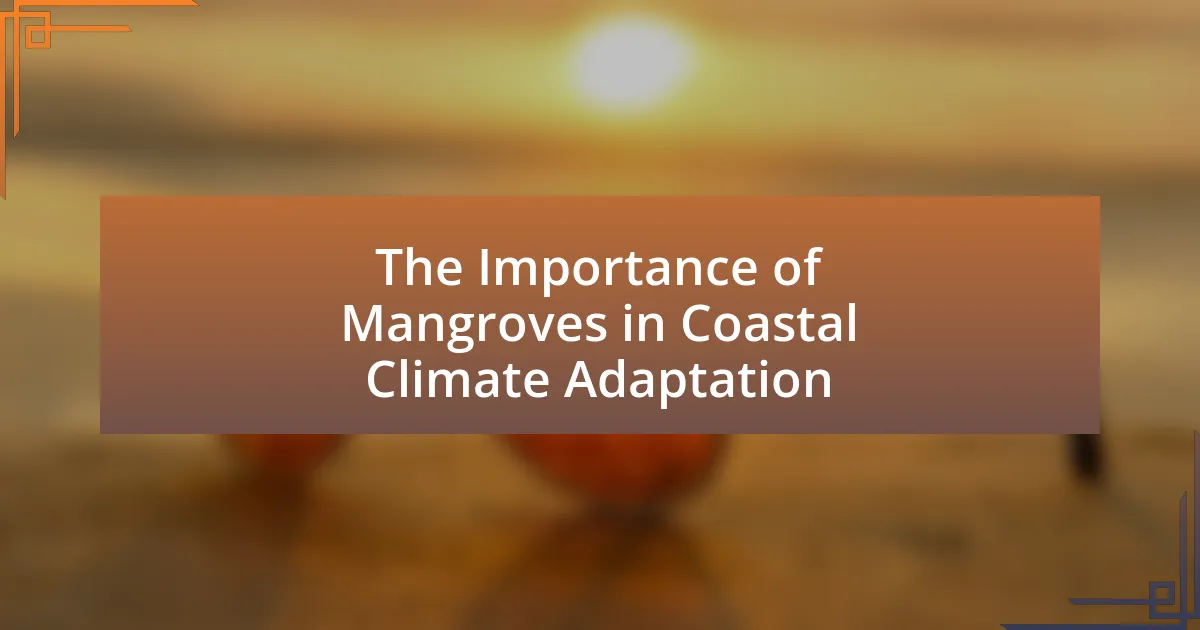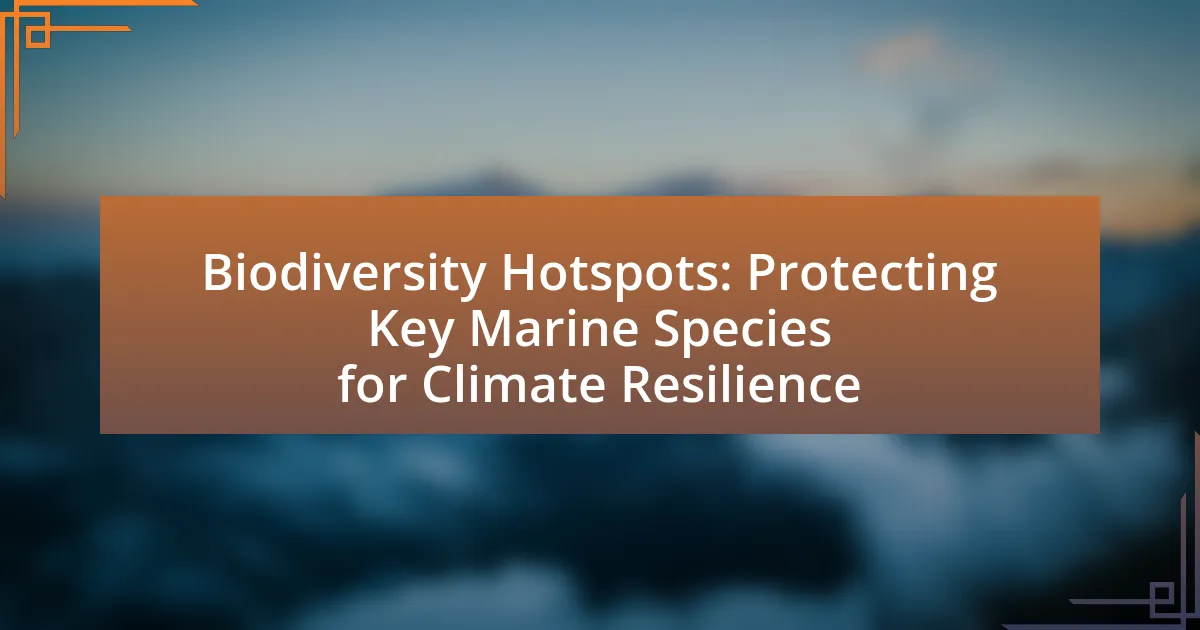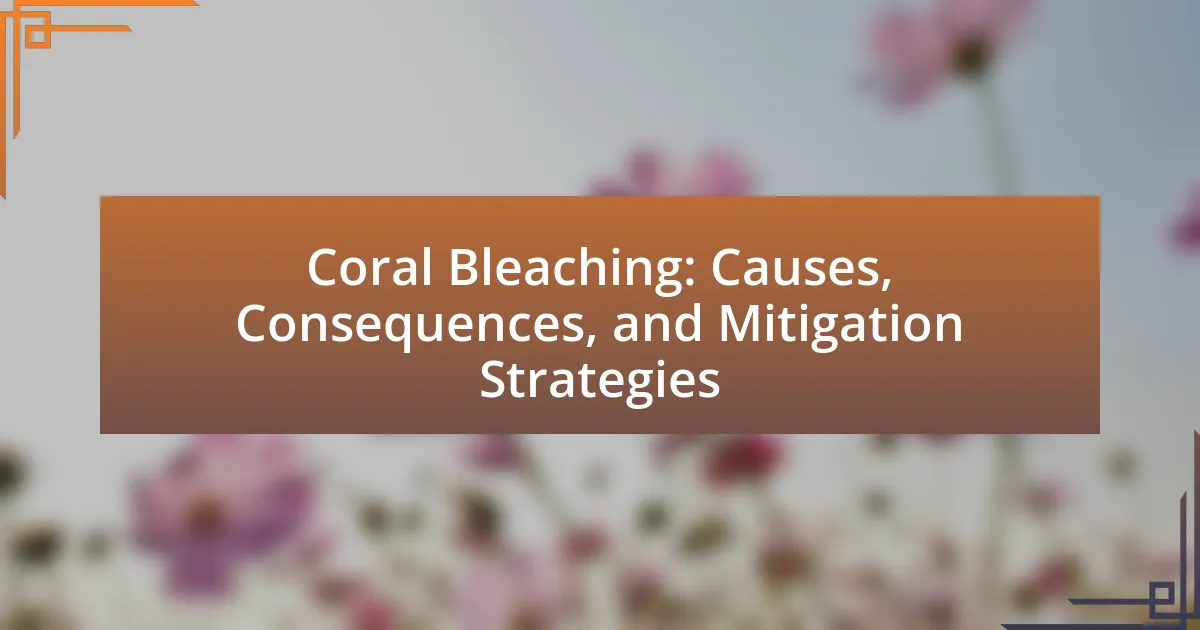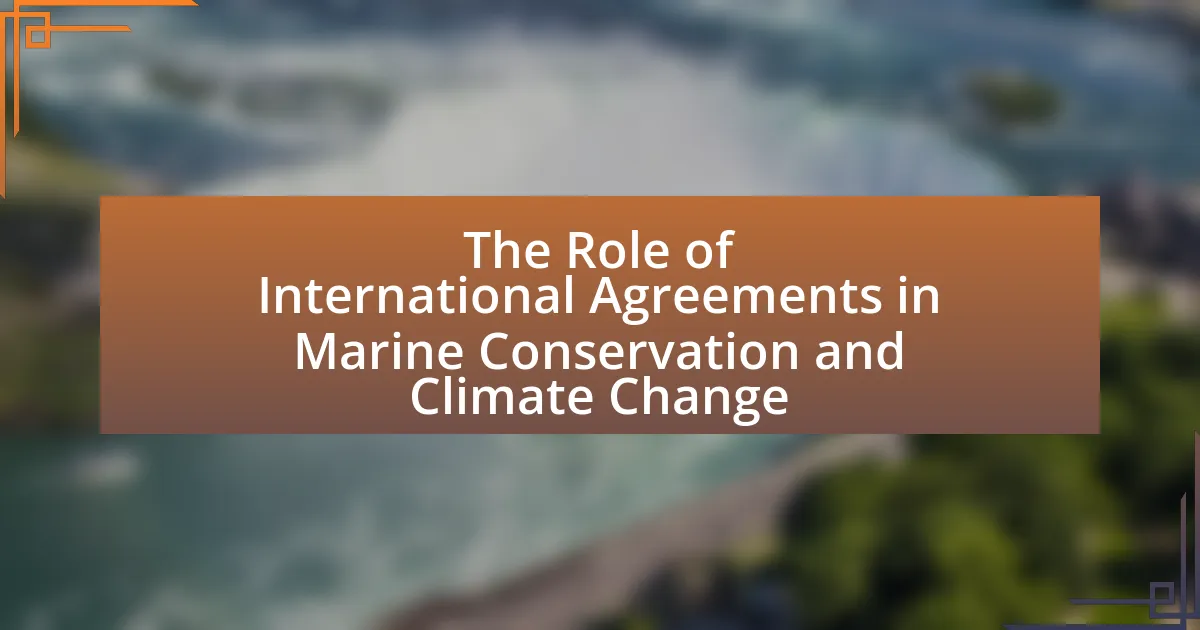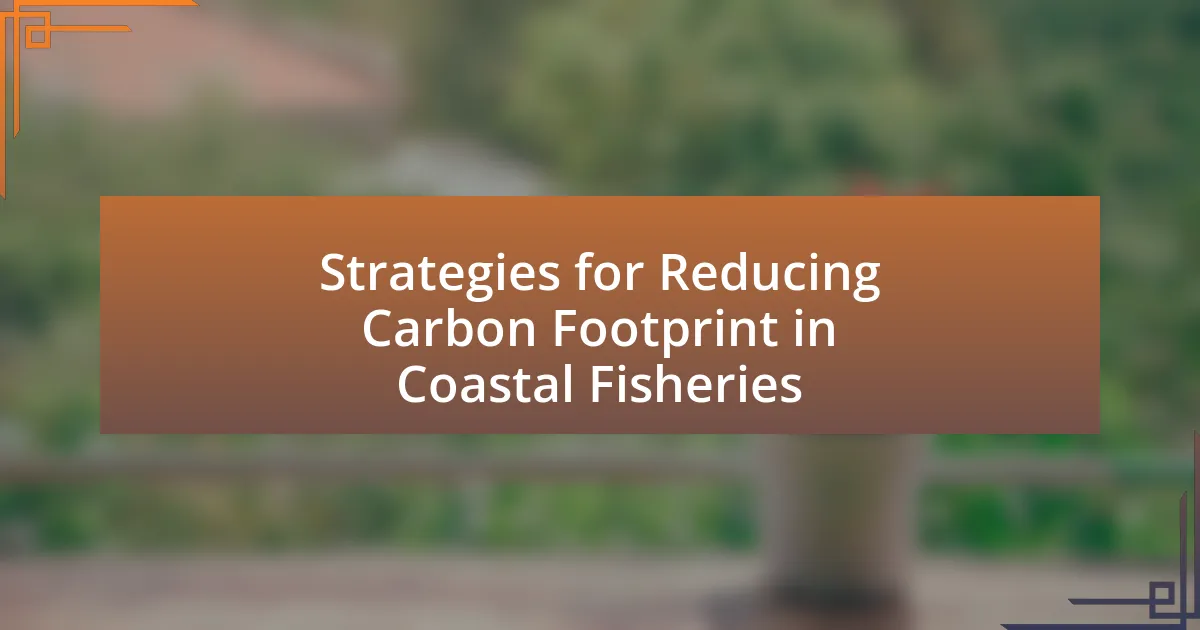The article examines the future of ocean governance in the context of climate change, emphasizing the need for adaptive management strategies that incorporate scientific research, stakeholder engagement, and international cooperation.…
Category: Climate Impact Mitigation
Welcome to the ‘Climate Impact Mitigation’ category, where we explore practical ways to address climate change. Here, you will find a collection of insightful articles focused on reducing greenhouse gas emissions and adapting to an ever-changing environment. From innovative technologies to grassroots movements, our content highlights diverse strategies that individuals, communities, and businesses can implement.
Dive into topics such as renewable energy, waste reduction, and sustainable agriculture. Each article aims to inform and inspire action, making complex ideas easier to understand. Whether you’re a beginner wanting to learn or someone looking to deepen your understanding, you’ll discover valuable insights and actionable tips. Join us as we work towards a more sustainable future together.
How Marine Life Can Help Mitigate Climate Change: The Role of Phytoplankton
Phytoplankton, microscopic marine plants, play a crucial role in mitigating climate change through carbon sequestration and oxygen production. They absorb carbon dioxide during photosynthesis, contributing to approximately 50% of the…
The Role of Education in Promoting Marine Conservation and Climate Awareness
Education is a vital component in promoting marine conservation and climate awareness, providing individuals with the necessary knowledge and skills to tackle environmental challenges. The article explores how educational initiatives,…
The Interconnectedness of Climate Change and Marine Pollution
The main entity of the article is the interconnectedness of climate change and marine pollution. The article outlines how climate change exacerbates marine pollution through mechanisms such as rising ocean…
Community-Led Initiatives for Marine Conservation and Climate Action
Community-led initiatives for marine conservation and climate action are grassroots efforts where local populations actively engage in protecting marine ecosystems and addressing climate change. These initiatives involve collaboration among local…
The Importance of Mangroves in Coastal Climate Adaptation
Mangroves are coastal ecosystems comprised of salt-tolerant trees and shrubs that thrive in intertidal zones, playing a vital role in coastal climate adaptation. They act as natural barriers against storm…
Biodiversity Hotspots: Protecting Key Marine Species for Climate Resilience
Biodiversity hotspots are regions rich in endemic species that face significant threats from human activities, making them crucial for marine species and ecosystem health. This article explores the importance of…
Coral Bleaching: Causes, Consequences, and Mitigation Strategies
Coral bleaching is a critical environmental phenomenon characterized by the loss of color in corals due to stress factors such as elevated sea temperatures, pollution, and changes in water chemistry.…
The Role of International Agreements in Marine Conservation and Climate Change
International agreements are essential for marine conservation and addressing climate change, as they provide frameworks for cooperation among nations to protect marine ecosystems and mitigate climate impacts. Key agreements such…
Strategies for Reducing Carbon Footprint in Coastal Fisheries
The article focuses on strategies for reducing the carbon footprint in coastal fisheries, emphasizing sustainable fishing practices, fuel efficiency optimization, and enhanced aquaculture systems. Key methods include implementing catch limits,…
